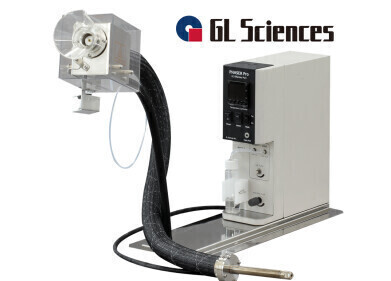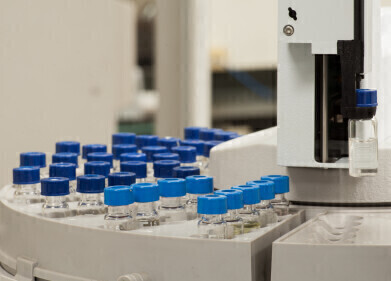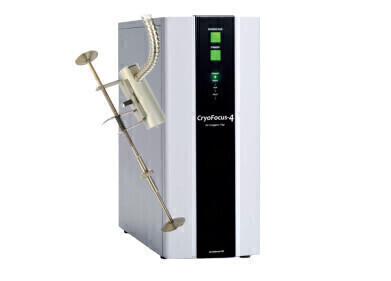GC, MDGC
Why You Should Check for GC System Leaks
Jun 18 2014
When using chromatography, it is imperative to make sure that your system does not have any leaks. In high-performance liquid chromatography (HPLC), leaks can be a constant nuisance and fairly obvious to spot. However, in gas chromatography (GC), leaks are often harder to notice and harder to detect. Though they may not appear to impact hugely on results, it is important to eradicate any leaks from your system for both the sustained future use of the system and for your own safety. Here are some of the reasons why leak-checking is so important.
Expense
If using an expensive carrier gas such as helium, a leak in the system will allow that precious gas to escape into the atmosphere. And being lighter than air, once helium goes, it’s gone. There is no getting it back. With helium supplies dwindling and prices skyrocketing, you simply can’t afford to be wasting money and resources by allowing it to escape through leaks.
Reduced Life Expectancy
Although a leak may not show up immediately in results from the GC process, they can have an adverse effect on your equipment. The trap, purifier and columns can all suffer serious damage due to leaks and have their life-spans reduced, ultimately driving up costs for yourself, either in maintaining faulty parts or replacing the system entirely. Moreover, exposure to outside air can do irreparable damage to certain types of detectors, such as electron capture detectors (ECDs).
Increased Potential for Accidents
When using a flammable carrier gas such as hydrogen, leakage of the gas into the environment can be potentially very dangerous. Even more alarming: if the leak is not fully penetrative, the gas can merely escape to a localised part of the machine, resulting in a build-up of explosive gas that could cause a significant explosion or fire in the laboratory. Such an occurrence is highly dangerous and could result in injury, loss of equipment, or in the worst case scenario, death.
As such, it is of the utmost important that you incorporate leak-testing of your GC system into your daily routine and make it standard lab practice. Doing so will not maximise safety in the workplace and ensure you get the best results, but it will also drive down costs through gas retention and equipment maintenance. For more specific information on how GC leaks can come about and how to go about testing for their presence, please read this article, Leaks in a GC System, which looks at some of the ways of identifying these leaks in a gas chromatography system and
also highlight some of the issues that can be caused by having a leaky system.
Events
May 11 2025 Vienna, Austria
May 18 2025 Tempe. AZ, USA
May 21 2025 Birmingham, UK
Jun 01 2025 Baltimore, MD, USA
Jun 15 2025 Bruges, Belgium














